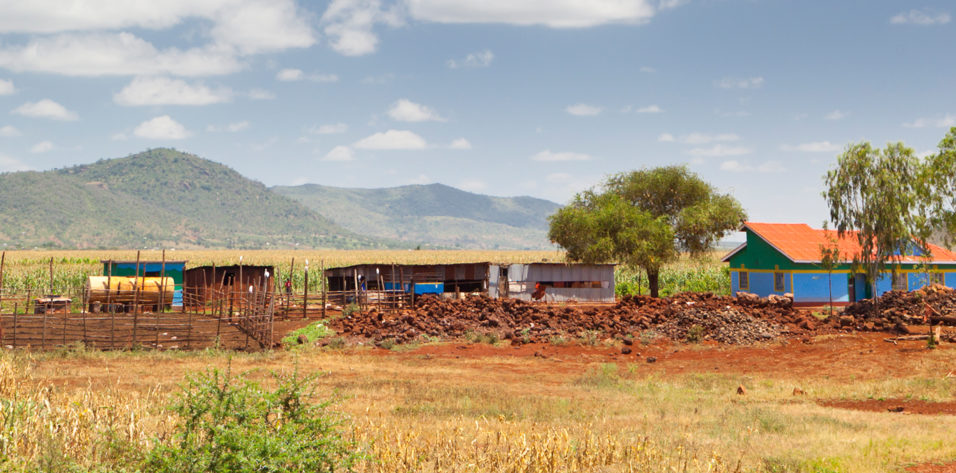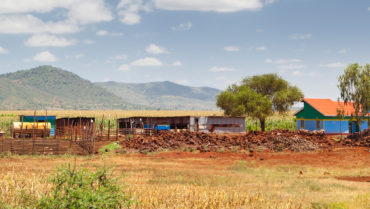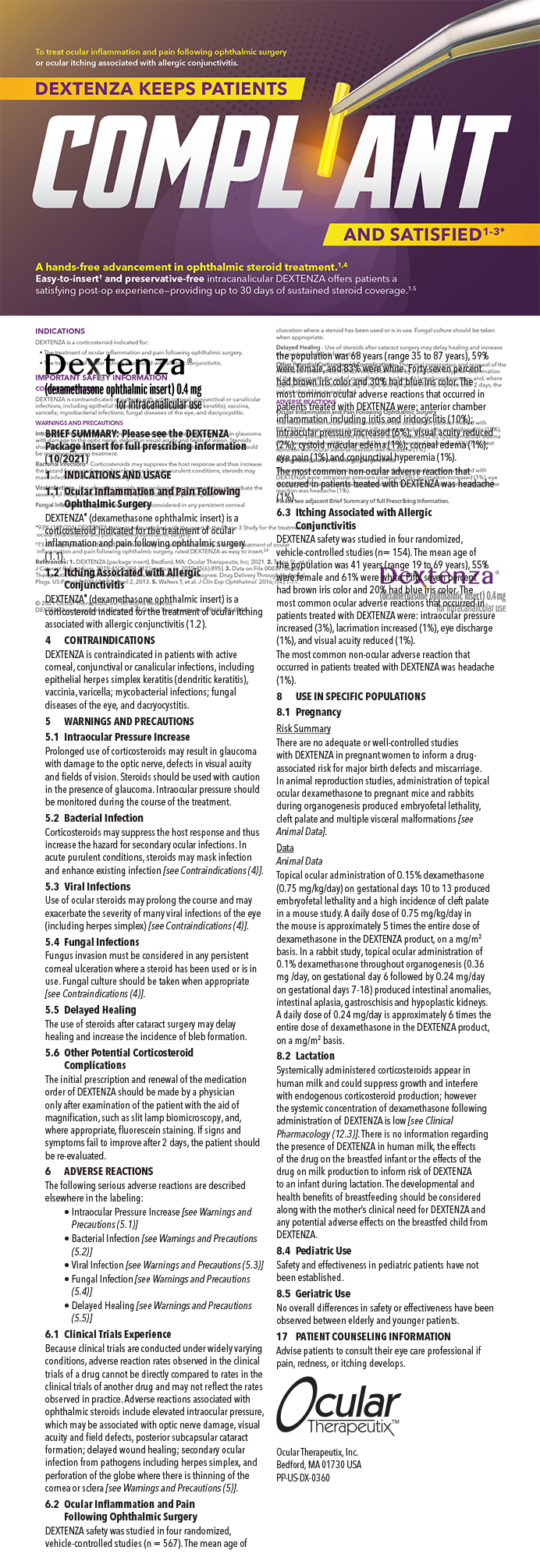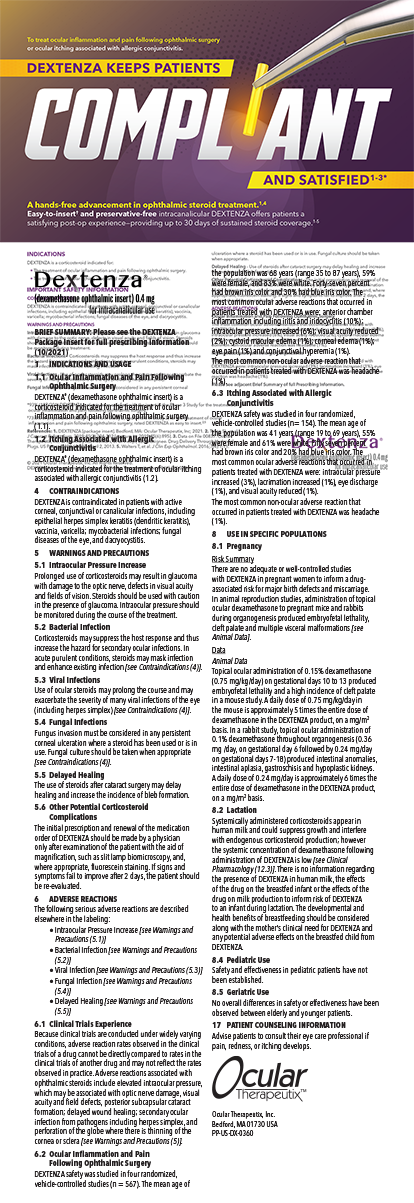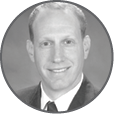
Recently, my 18-year-old son, Alex, and I had the opportunity to travel to East Africa to provide eye care to indigent people in that region. I am admittedly embarrassed to say that I have been in practice for more than 15 years and this was the first time that I had done something like this. Although I had always wanted to, it seemed as though I was too busy building my practice, had too many other demands upon me, or perhaps the right opportunity had never presented itself. I know many readers of CRST have been involved in and continue to participate in these types of activities on a regular basis, and now I completely understand why.
I was fortunate enough to be asked by Timothy Page, MD, to join his team at KenyaRelief.org and travel to a remote region of Kenya. Dr. Page participates in this mission every year. Not only was this one of the most intense and amazing experiences of my life, it also renewed my faith in the spirit of the medical profession and, more specifically, in the importance and the gift of restoring vision. Most of the patients we treated were bilaterally blind from cataracts and had traveled tens of miles to see us. Due to the sheer volume of patients, we only had time to operate on and restore vision to one of each patient’s eyes.
For my son, at age 18, this was an eye-opening experience, to say the least—meeting people from around the world, traveling to a remote region on another continent, communicating with patients through a language barrier, and immersing himself in a completely new environment with a tremendous number of challenges and logistical hurdles. To share this experience with him was one of the greatest aspects of the trip for me, but, without a doubt, the most impactful aspect was the experience of putting all of my own concerns aside and concentrating on helping these patients the best I could in the limited time that we had.
Upon returning home—as many of you who have done this type of work will have experienced—I felt a sense of renewal and empowerment and had a broader perspective on what I do and how I interact with my surroundings. It is amazing how self-absorbed and one-dimensional we can become when we don’t step outside of our own environments and see things from a different perspective. It is such a luxury to be able to practice medicine the way we do, with all the amazing technologies that provide safe and reliable outcomes for our patients with easy access. However, one thing that became painfully obvious to me is how much time we spend away from the patient to focus on documentation, compliance, finances, and legal-related work.
In Africa, despite the lack of supplies, tools, and technology, we had the luxury to be able to take care of patients the way we are meant to. All energy was focused on the doctor-patient relationship and medical care without First-World noise and distractions. Finding this balance and trying to stay more in the moment with the patient have always been my goal, but this experience highlighted for me how far off I am at times. I will undoubtedly find a way to partake in similar work again. For those of you who have not yet been fortunate enough to participate in such work, I cannot recommend it enough.

